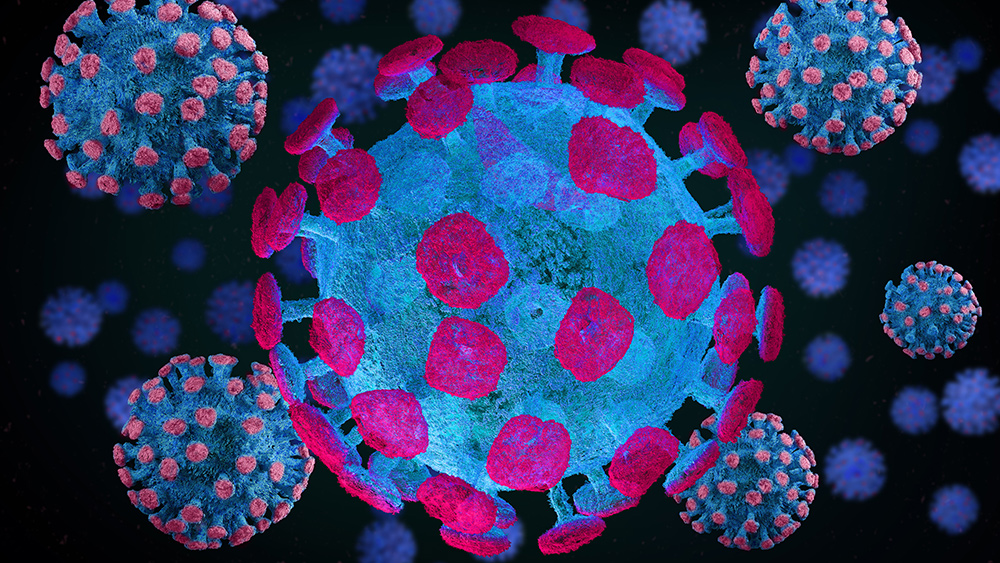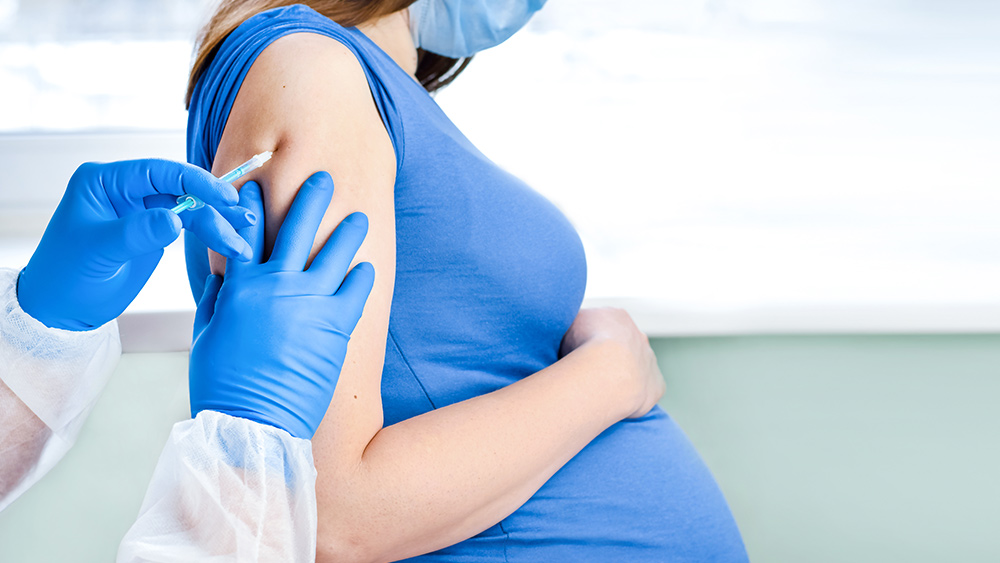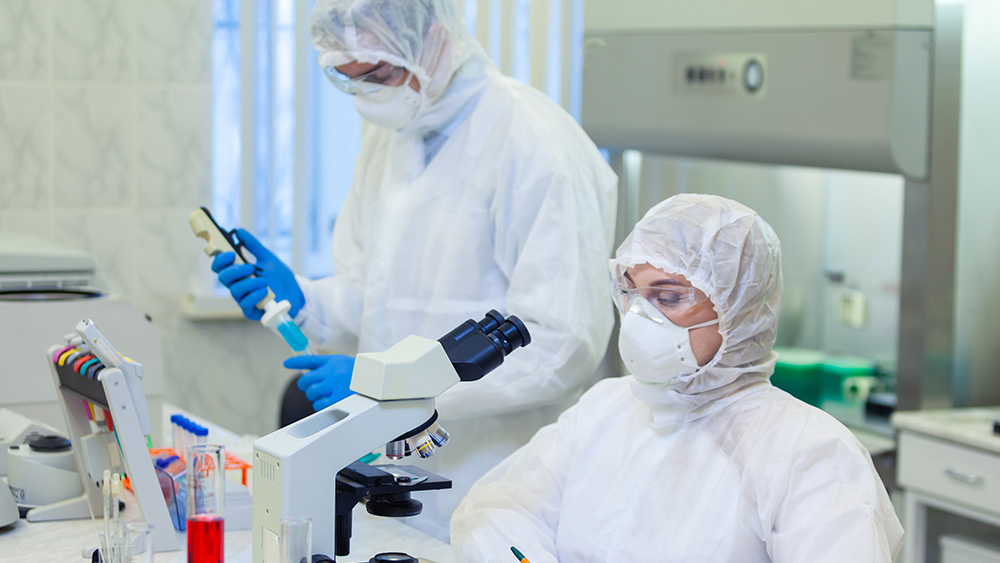South African coronavirus variant can make vaccines 30% less effective, warns SAGE
03/27/2021 / By Arsenio Toledo

The Scientific Advisory Group for Emergencies (SAGE) has warned the United Kingdom that the country’s current crop of Wuhan coronavirus (COVID-19) vaccines may be as much as 30 percent less effective when dealing with the South African coronavirus variant.
An analysis conducted by SAGE found that the South African strain, known as B.1.351, can make the antibodies produced by previously infected people or by people who have received a coronavirus vaccine 10 times less effective.
During a meeting on March 12, SAGE scientists said the drop in antibodies translated into “a potential 30 percent drop in vaccine efficacy.”
The group’s review of the data found that B.1.351 was able to infect many people in South Africa who had already contracted the original strain of the coronavirus. The data also suggests that many people who have been vaccinated will still catch it. (Related: New, more transmissible coronavirus variant from the Philippines detected in the UK.)
SAGE was quick to add that it is still not clear what the implications are for the ability of the vaccines to protect people from a severe case of COVID-19.
The B.1.351 variant has been found in 48 countries, including the U.K., a well as in 23 U.S. states. It was first detected in coronavirus samples from South Africa back in Oct. 2020.
Multiple other cases bearing B.1.351’s signature have been found in different parts of London. The British government has deployed surge testing in parts of London as a response to the spread of the strain.
However, the usual coronavirus testing is unable to detect whether the person’s case is from the South African variant. To combat this, the Department of Health and Social Care has stated that positive cases “will be sequenced for genomic data” to help identify what strain of the coronavirus a person has.
British health authorities are fearful of B.1.351’s spread because of its three mutations on its spike protein – known as E484K, K417N and N501Y. These mutations supposedly help the strain “hide” from the body’s immune system.
Listen to this special Situation Update breaking news episode of the Health Ranger Report, a podcast by Mike Adams, the Health Ranger, as he talks about how the listeners of his show should avoid going down the vaccine suicide cult being aggressively peddled by “left-wing vaccine zealots.”
Studies confirm coronavirus vaccines are less effective against South African variant
In a study published in the journal Nature, scientists found that the coronavirus vaccines developed by Pfizer-BioNTech and Moderna are significantly less effective against B.1.351.
The study collected blood samples from volunteers who had already been vaccinated to compare how the person’s antibodies responded to the original strain of the coronavirus and to the B.1.351 variant.
The research found that those who had been vaccinated using the Pfizer and Moderna vaccines had significantly fewer antibodies that could fight the B.1.351 coronavirus variant.
Another research has found that the coronavirus vaccines developed by Johnson & Johnson and AstraZeneca are also less effective against the B.1.351 variant.
In Jan. 2021, both Pfizer and Modern said they were planning to develop and test “booster shots” that can supposedly improve the effectiveness of their vaccines against the B.1.351 variant. This means people who have already finished the two-dose regimen have to check in to get a follow-up shot.
Until the booster shot is developed, Pfizer and Moderna have warned people who have been previously vaccinated that they are still at risk of infection from either the B.1.351 or the P.1 variant first found in Brazil.
Learn more about the supposed effectiveness of the coronavirus vaccines by reading the latest articles at Vaccines.news.
Sources include:
Nature.com [PDF]
Tagged Under: B.1.351, B.1.351 variant, coronavirus, coronavirus strains, coronavirus variants, covid-19, Moderna, mutants, mutations, outbreak, pandemic, Pfizer, South Africa, super strains, United Kingdom, variants
RECENT NEWS & ARTICLES
COPYRIGHT © 2018 BIOLOGICALWEAPONS.NEWS
All content posted on this site is protected under Free Speech. BiologicalWeapons.news is not responsible for content written by contributing authors. The information on this site is provided for educational and entertainment purposes only. It is not intended as a substitute for professional advice of any kind. BiologicalWeapons.news assumes no responsibility for the use or misuse of this material. All trademarks, registered trademarks and service marks mentioned on this site are the property of their respective owners.





















